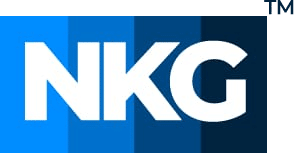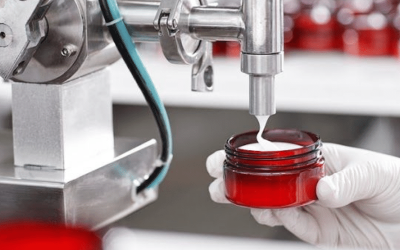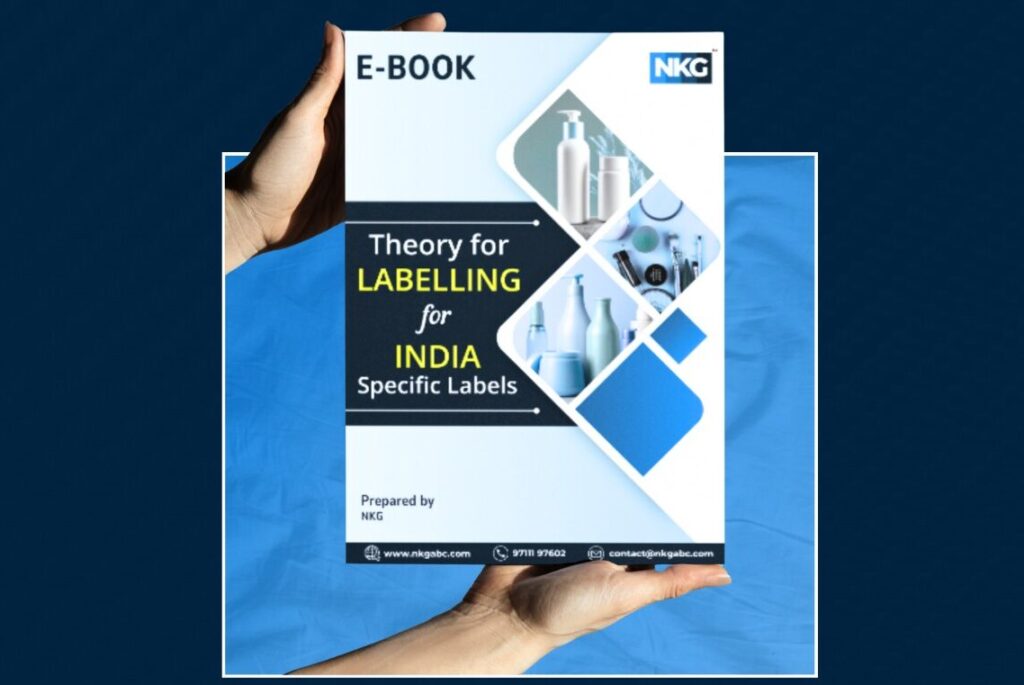India produced 1.71 million metric tonnes of e-waste, compared to 59.40 million metric tonnes produced globally, according to the Central Pollution Control Board reports. According to data from the Ministry of Environment, Forests, and Climate Change, only 32.9% of the e-waste produced in India in 2021–2022 was recycled. Even though the number is higher than in previous years, it still shows that a startling 10,74,024 tonnes (67%) of e-waste was not processed. This waste will significantly rise in India due to the rise in electronic devices, solar panels, electric vehicles, and other items because the country has pushed for a digital economy, electric transportation, and renewable energy. The sales of these electronics are steadily rising due to rising disposable income and purchasing power.
Additionally, the release of new products with enhanced features and added services motivates customers to switch from older models to more recent ones. Additionally, there is a greater need for metal-based electronics to be recycled, repaired, and reused. Because of these issues, electronic goods manufacturers would undoubtedly look to recover e-waste for raw materials. The E-Waste Management Rules, 2022 (“2022 Rules”), which replace the E-Waste Management Rules, 2016 (“2016 Rules”), were notified by the government in response to the urgency. These rules were applicable from 1st April 2023.
Provisions of E-waste Rules 2022:
- According to the 2022 Rules, “every manufacturer, producer, refurbished, dismantler and recycler involved in manufacture, sale, transfer, purchase, refurbishing, dismantling, recycling, and processing of e-waste or electrical and electronic equipment listed in Schedule I” is required to comply with the rules and is subject to them. By specifically regulating only a small subset of those who play a significant role in the e-waste ecosystem, the government wants to strengthen regulatory oversight over that system.
- Scope of E-waste: Schedule I (“Covered Items”) has been widened by the 2022 Rules to include more than 100 types of equipment that fall under seven major categories. Tablets, GPS, modems, electronic storage devices, solar photovoltaic panels/cells/modules, air purifiers, leisure and sports equipment, medical devices, laboratory instruments, and other items are some of the recently (and opportunely) added equipment.
- Requirement of registration: All regulated individuals, including manufacturers, producers, refurbishes, and recyclers, are required by 2022 Rules to register on the CPCB’s online portal. No such entity may conduct business with any other entity that falls into these categories but is not registered, nor may such an entity operate without registration.
- The Central Pollution Control Board may suspend an entity’s registration for up to three years after allowing it to be heard if it provides false information or willfully withholds information to obtain registration, a return, report, or information required to be equipped or furnished under these rules, or if there is any other irregularity. In addition, environmental compensation fees may also be assessed as per rule 22 in such cases.
Responsibilities held by entities:
Responsibilities of the manufacturer | Registering on the portal. It collects any e-waste produced while manufacturing electrical and electronic equipment and ensures its recycling or disposal. Filing annual and quarterly returns in the prescribed format on the portal by the end of the month following the quarter or year, as appropriate. |
Responsibilities of the producer | (1) registering on the portal; (2) acquiring and implementing extended producer responsibility targets as per Schedule-III and Schedule-IV through the portal: Provided, That the Producer Having Extended Producer Responsibility Plan Under The Provisions Of The Former E-Waste (Management) Rules, 2016 Shall Migrate Under These Rules As Per The Procedure Defined By The Central Pollution Control Board With Approval Of Steering Committee; (3) spreading awareness via media, publications, advertisements, posters, or other forms of communication; (4) submitting annual and quarterly returns in the format specified on the portal by the last day of the month that comes after the quarter or year the return relates to. |
Responsibilities of the refurbisher | (1) create an account on the website; (2) gather electronic waste produced during the refurbishing process and deliver it to a registered recycler while uploading information on the website; (3) Ensure that the refurbished equipment complies with the standards established for this purpose by the Bureau of Indian Standards and the Ministry of Electronics and Information Technology’s Compulsory Registration Scheme. (4) submit annual and quarterly returns in the format specified on the website. |
Responsibilities of the bulk consumer. | Electrical and electronic equipment listed in Schedule I’s bulk consumers must make sure that any e-waste they produce is only given to registered producers, refurbishers, or recyclers. |
Compliance with E-waste 2022 rules:
According to the 2022 Rules, a producer manufactures and sells Covered Items under their brand, offers to sell Covered Items assembled under their brand, offers to sell Covered Items that have been imported, and imports Used Covered Items. Extended producer responsibility (“EPR”) for producers as defined in the 2016 Rules as channeling e-waste to ensure environmentally sound management of such waste through appropriate mechanisms. To ensure the environmentally sound management of such waste, the 2022 Rules under EPR mandate that producers must only meet recycling targets as per Schedule III and Schedule IV through registered e-waste recyclers. From 2023–2024 onward, Schedules III and IV outline the producers’ e-waste recycling goals.
Producers must meet their EPR targets by ordering an EPR certificate online from only registered recyclers and submitting it with a quarterly return on the CPCB website. Depending on the volume of Covered Items that the recycler and refurbisher process, these certificates will be generated for them. While refurbishing certificates only postpone them, recycling certificates trigger the producer’s EPR targets. A producer may buy EPR certificates for a maximum of the current year’s EPR liability, the leftover liability from previous years, and 5% of the current year’s liability. The 2016 Rules should have included a detailed description of the EPR mechanism. Under the 1986 Environment (Protection) Act, non-compliance will result in environmental compensation and legal action.
Solar photovoltaic modules, panels, or cells management:
Specific obligations are laid out in the 2022 Rules for those who manufacture or produce solar photovoltaic modules, panels, or cells. Among other things, they must register on the CPCB portal, keep track of these items’ inventories, ensure that e-waste generated until 2034–2035 is stored by CPCB guidelines, and submit online annual returns. The CPCB will publish guidelines for the storage of such waste and material recovery from its recycling.
Definition of bulk consumer and its responsibilities:
“Any entity, including an e-retailer, which has used at any time during the specific Financial Year at least 1,000 units of electrical and electronic equipment listed in Schedule I “is referred to as a “bulk consumer” in Rule 3(1)(b) of the 2022 Rules. E-waste must only be given to authorized producers, refurbishers, or recyclers. The demand for compliance documentation submission and the distinct consumer category have been eliminated.
Environmental Compensation:
In case of violating any of the provisions of these rules and guidelines issued hereunder, the Central Pollution Control Board shall establish procedures for imposing and collecting environmental compensation on any entity or producer. The said guidelines shall follow these rules and be approved by the Ministry of Environment, Forest, and Climate Change.
(Unregistered producers, manufacturers, refurbishers, recyclers, and any other entity that aids or abets the violation of these rules will also be subject to environmental compensation.
The extended producer responsibility outlined in these rules shall not be waived by the producer’s payment of environmental compensation, and any unfulfilled extended producer responsibility for a given year shall be carried over to the following year, and so on, for a maximum of three years.
Conclusion: The 2022 Rules are a well-intentioned and timely government intervention to legislate on a topic of great concern, as the 2016 Rules excluded many items that are widely used today and will be considered e-waste. For instance, the rapid expansion of renewable energy in India will significantly increase the demand for solar equipment, eventually resulting in the generation of e-waste shortly. It will also address the issue of the lack of real-time data on e-waste in India, given that the information provided to the Parliament by the government only covered 21 pieces of equipment covered by the 2016 Rules and left out a significant number of other pieces of equipment that produced e-waste. With other waste-related laws like the Plastic Waste Management Rules of 2016 and the Battery Waste Management Rules of 2022, the 2022 Rules will also streamline various aspects for regulated persons like registration requirements, submission of compliance documents, EPR targets and certificates, etc., ensuring the ease of compliance.







